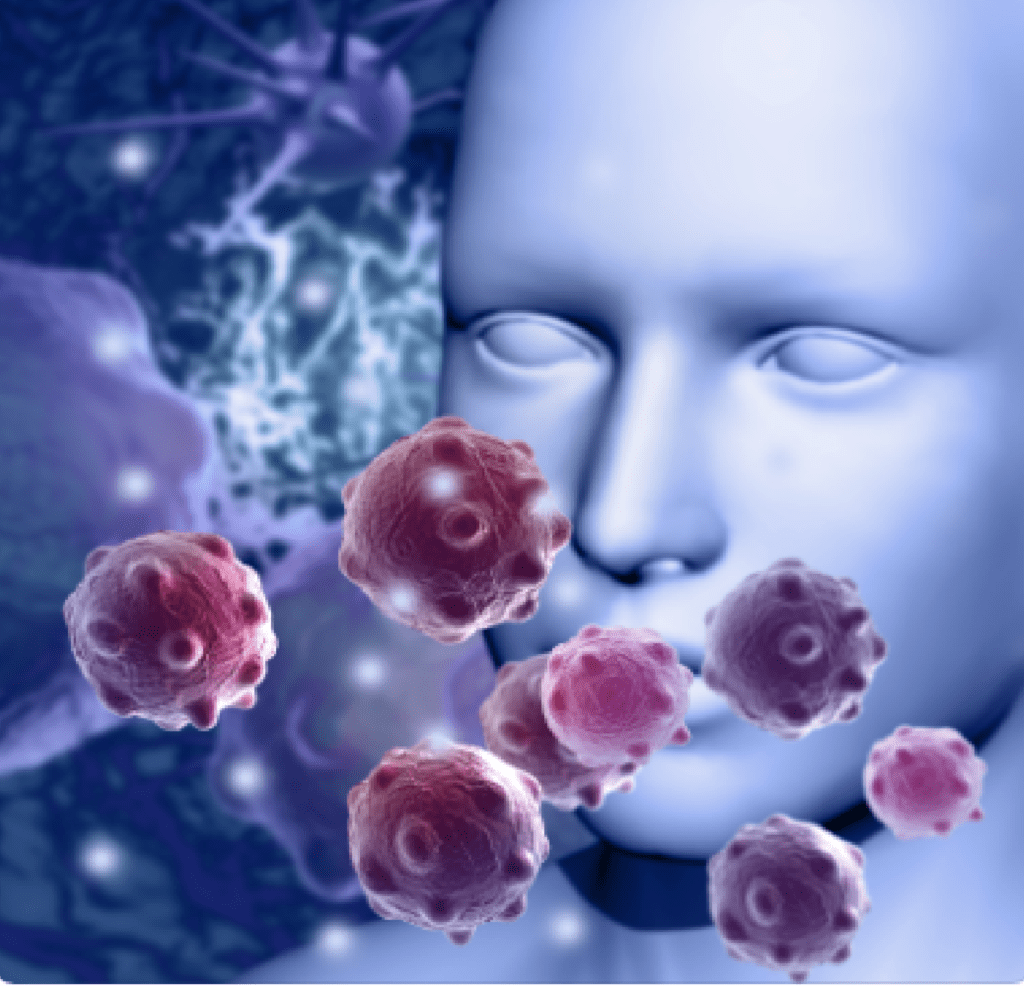Allergies occur when your immune system reacts to a foreign substance. Many feel like they have the flu.

According to Mayo Clinic, allergies occur when your immune system reacts to a foreign substance — such as pollen, bee venom or pet dander — or a food that doesn’t cause a reaction in most people.
Your immune system produces substances known as antibodies. When you have allergies, your immune system makes antibodies that identify a particular allergen as harmful, even though it isn’t. When you come into contact with the allergen, your immune system’s reaction can inflame your skin, sinuses, airways or digestive system.
But can it be a justification for missing work? Not really, because an allergy can last as many months as spring
More and more people are suffering from allergies in the United States, Mexico, and around the world. In the Northern Hemisphere, spring arrives along with the worst season for those who experience itchy skin, runny nose, sneezing, and dry eyes. Some even feel like they are going through a flu-like state with body aches.
Seasonal allergies, however, often become chronic and are not a valid reason to miss work unless there is a very strong outbreak that requires medical attention.
The cause of this discomfort varies with each season: Spring: usually trees (such as oak, elm, alder, birch, beech, poplar, ash, and olive) Summer: grasses (such as Bermuda grass, fescue, sweet grass, ryegrass, and Johnson grass) and weeds (such as Russian thistle and English plantain) Autumn: ragweed
Seasonal allergies can cause itching in the nose, palate, back of the throat, and eyes. The itching can start gradually or suddenly. The nose drips with a clear, watery discharge, and becomes congested. In children, nasal congestion can lead to an ear infection (otitis). The nasal mucosa swells and turns bluish-red.
The paranasal sinuses can also become congested, leading to headaches and sometimes infections (sinusitis). Sneezing is common.
The eyes water, itch, appear red and swollen. Other symptoms include coughing and wheezing (especially in people who also suffer from asthma) and, in some cases, irritability and difficulty sleeping.
However, allergies that become chronic and bothersome should be treated with medication to prevent them from becoming an impediment to normal life. No one can afford to miss work during the spring or autumn months.
A doctor will determine if prescribing nasal corticosteroid inhalers, antihistamines, decongestants, eye drops, or initiating immunotherapy is advisable.
What is Immunotherapy
According to Medicine Plus, immunotherapy for seasonal allergies involves gradually increasing doses of allergens placed under the tongue (sublingual) or injected into the skin. Because even the smallest doses can sometimes cause dangerous allergic reactions, people undergoing treatment remain at the medical center for at least 30 minutes after the injection. If they do not have a reaction after the first dose, they can take the following doses at home.
It is preferable to start after the pollen season to prepare for the next season. Immunotherapy has more side effects when started during the pollen season because pollen allergens have already stimulated the immune system. It is more effective when maintained throughout the year.
People receiving allergen immunotherapy for allergic rhinitis should carry a preloaded epinephrine (adrenaline) syringe for self-injection in case an anaphylactic reaction occurs before the immunotherapy treatment administered in the medical office takes effect.
